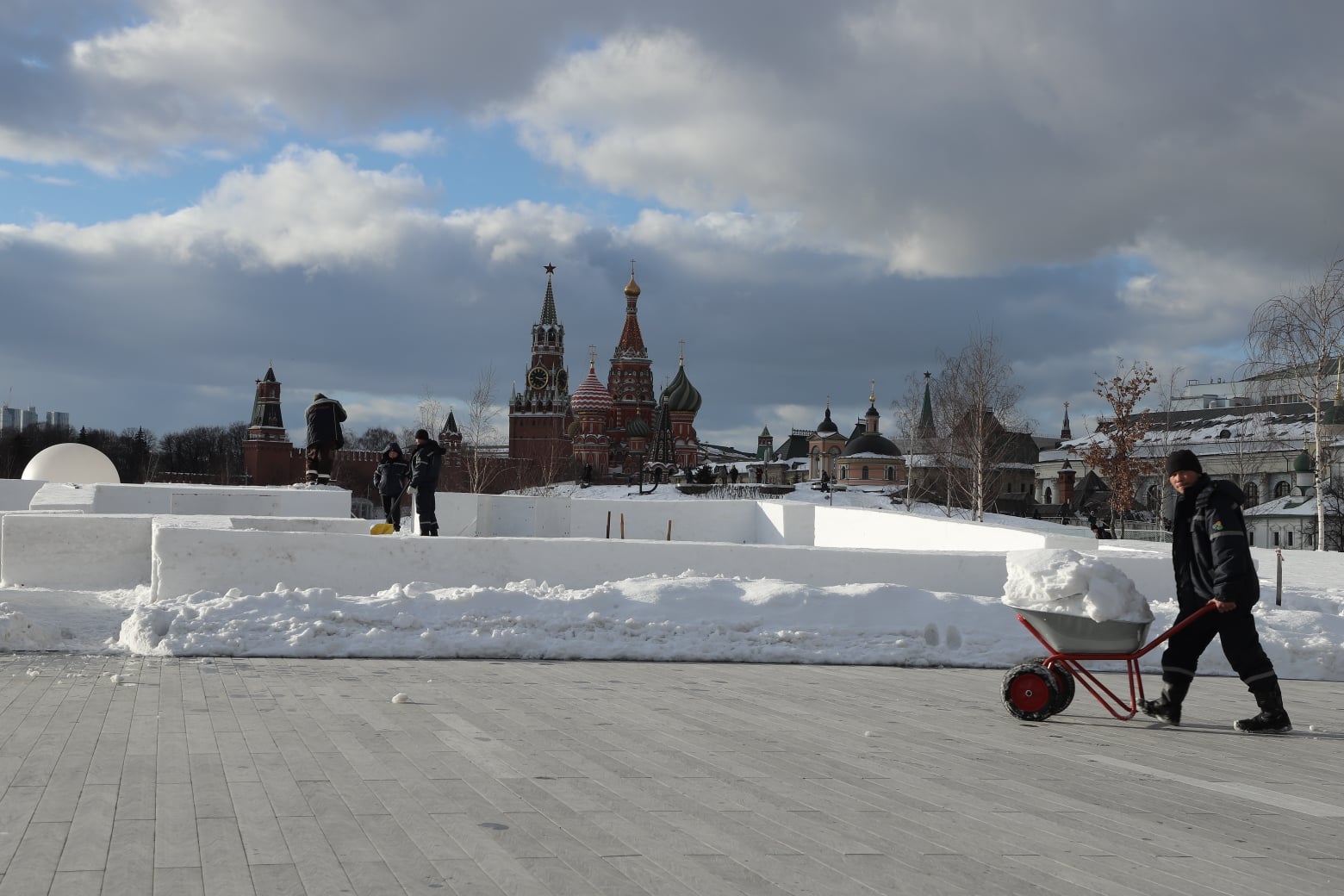After Russian troops invaded Ukraine, even the most ardent Putinversteher in Russia and abroad must lift the veil from their eyes. This is not a hybrid case of military aggression, but an outright one. The only official explanation of the need for this war is that “we can no longer put up with” the existing world order in the form of the current configuration of state borders.

Even those elderly people who are used to believing everything they see on Russian television must open their eyes. Air raid sirens are wailing in Kyiv. Given this news, Russian propaganda should ricochet off any post-Soviet person without a suppressed historical memory like bullets off a wall. These are people who remember [the World War II song] “Kyiv was bombed, we were told…”; the “Leningraders, my children” who were evacuated to Uzbekistan; [the public warning message] “citizens, during shelling this side of the street is the most dangerous”; and the time when almost every family was affected by the world war and many survived the horrors of post-Soviet wars. At a minimum, if reason somehow fails, they should understand this at the level of emotions and that very same historical, familial, and bodily memory.
The consequences of war will soon be felt not just by a Russian economy worn down by isolation and sanctions, but also by economically dependent countries hooked on mass labor migration. This isn’t the first time migrant workers have been hostage to Russia’s foreign policy. It should have been immediately clear that migrant workers would start leaving Russia again because of the falling ruble exchange rate and, accordingly, the drop in real wages. After all, this is what happened in 2014, when Russia annexed Crimea and launched military actions in Ukraine. But now everything is much more serious and terrifying: Production lines and construction sites are being shut down, flights are being canceled, and millions of migrants have become hostages, left without work or the ability to return home.
It’s not entirely clear if the inflaming of anti-migrant feelings that we have seen in recent months was part of the Kremlin’s strategy for invading Ukraine. Were the authorities intending to replace migrants from Central Asia with hypothetical refugees/evacuees from captured parts of Ukraine, all to the delight of nationalists? Did they fear an unpredictable reaction to the invasion by a large number of foreigners? Or were they just once again distracting the population by whipping up traditionally foolproof xenophobic sentiments? The fact is that the anti-migrant topic has become much more visible in the information space.
In late 2021, a rarely implemented requirement that foreigners living in Russia undergo a medical examination every three months entered into force. Investigative Committee head Aleksandr Bastrykin has spoken about registering migrants’ genomes. And at a recent collegium of the Internal Affairs Ministry, the head of that agency, Vladimir Kolokoltsev, again picked up the topic of the rising crime rate among migrants, while Vladimir Putin called for taking the toughest measures against “migrants who do not abide by the law.” Not long before this, the president signed an order creating an interagency committee on migration policy, where the main arias will be sung by the siloviki.
The overzealous governor of Kaluga Oblast distinguished himself by banning migrants from countries that are not part of the Eurasian Economic Union (EAEU) from working in the service, public transportation, and retail sectors. This is not the first time such a restriction has been applied (this happened, for example, in Novosibirsk Oblast in 2016 and, more recently, in Tyumen Oblast, Khanty-Mansi Autonomous Oblast, and Kaliningrad), and priority for the national labor force is enshrined in Russian law. There have been reports that schoolteachers in Kaluga Oblast are being forced to inform on migrant children (again, this is nothing new: The same thing has happened before, for example, during the anti-Georgian campaign of 2006).
The authorities in Central Asian countries seldom protest against Moscow’s restrictive migration policy, except in rare cases when they have negotiated amnesty for people who were blacklisted and banned from entering Russia. However, the recent tightening of residence rules for foreigners has prompted criticism from parliamentary deputies in Kyrgyzstan and a diplomatic note from the Kyrgyz embassy in Moscow. But the Kyrgyz side was not asking about general measures like combating xenophobia and arbitrary treatment by the police, ending the practice of holding migrants in temporary detention centers during a pandemic, and softening laws, but about “assistance to open a separate corridor for citizens from EAEU countries” to have medical examinations and be photographed and fingerprinted at a migration center in Sakharov. And there you go, such a “corridor” has been graciously created.
Opportunities for international pressure on Russia’s migration policy are limited. The problem is that donor countries have ratified and are following the UN Convention on the Protection of the Rights of All Migrant Workers and Members of Their Families, while receiving countries have not ratified it or undertaken any obligations. True, the UN Committee on Migrant Workers has also criticized donor countries for being passive about protecting the rights of their citizens working in countries that have not ratified the Convention.
By inflating anti-migration attitudes in society, tightening migration policy, unleashing a war, incurring sanctions, indirectly ruining dependent economies, and closing borders, Russia is weakening ties with Central Asian countries that have traditionally been loyal to it and risks finding itself isolated not just from the West, but also from the East.
Olga Abramenko – expert, Anti-Discrimination Center Memorial
First published on the blog of Radio Svoboda
Photo by Ute Weinmann









 Feedback
Feedback